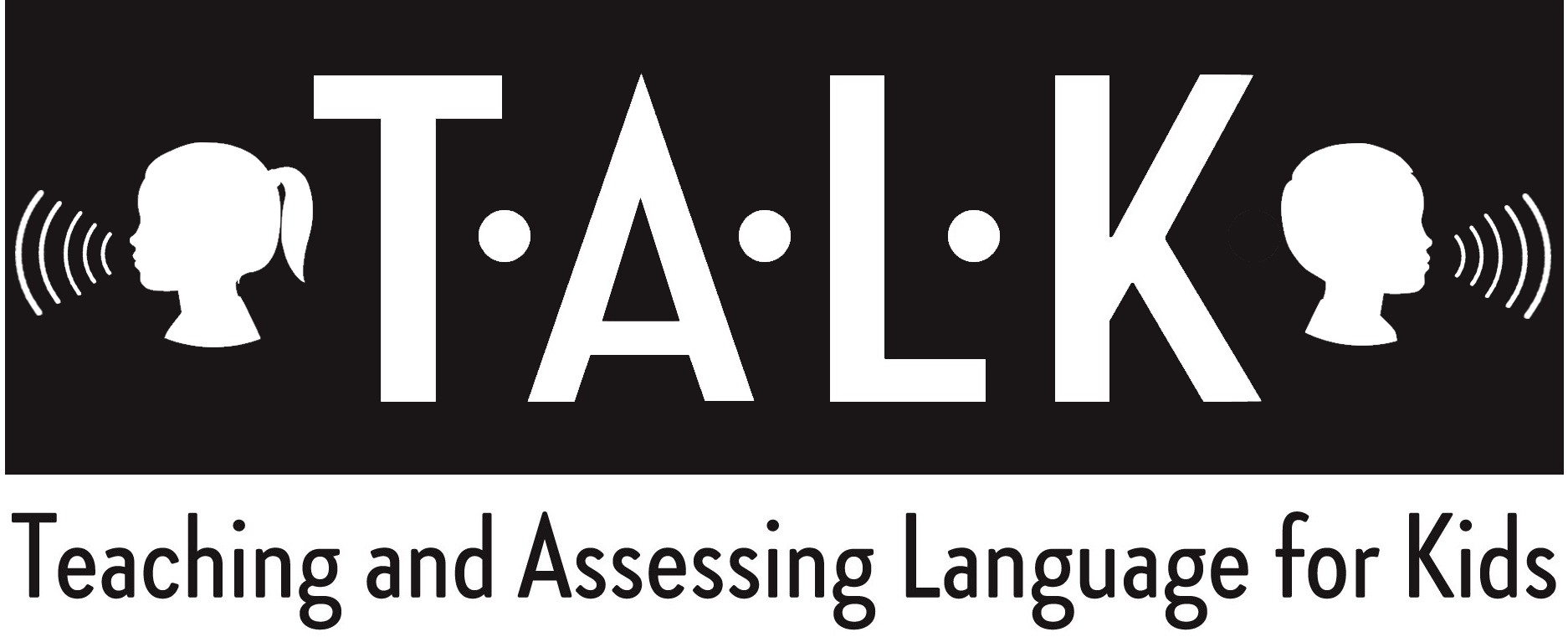Four Skills Targeted in TALK's Social Groups
As speech-language pathologists, we recognize that most children with Autism face challenges with social communication skills needed to interact with peers and adults. In recognition of Autism Awareness Month, we’re sharing the different social communication skills that we support and facilitate in TALK’s social groups!
Awareness of verbal and nonverbal social cues
It’s important for children to not only be aware of verbal cues (e.g., someone verbally telling us if they want to play or if they do not want to play), but also helping children be aware of nonverbal cues (e.g., crossing arms, stomping). This lack of awareness or understanding can cause our kids’ actions or intentions to be misinterpreted.
Perspective-taking
It can be hard to have the perspective and skill to put yourself in someone else’s shoes! We teach children to think about what others may be thinking, how others may feel, and what we can do differently to maintain positive relationships
Conversation and turn-taking
These skills don’t always come naturally. We educate children on the elements of a conversation (i.e., greetings, asking questions, making comments, bidding farewell), having a balanced conversation, and turn-taking skills
Abstract and inferential thinking
We help children think about what may happen next or what may have just happened prior (e.g., the girl is crying → she lost her favorite toy → maybe she is going to ask her parent to help her find the toy) and why others may be feeling certain ways. This helps them tie events to feelings which also overlaps with perspective-taking.
Our amazing and engaging TALK therapists use fun visuals, teach social concepts, review group expectations, encourage self-advocacy, and learn social language vocabulary using the Social Thinking® curriculum!
*Social Thinking® concepts are taken from the Social Thinking® curriculum developed by Michelle Garcia Winner.
